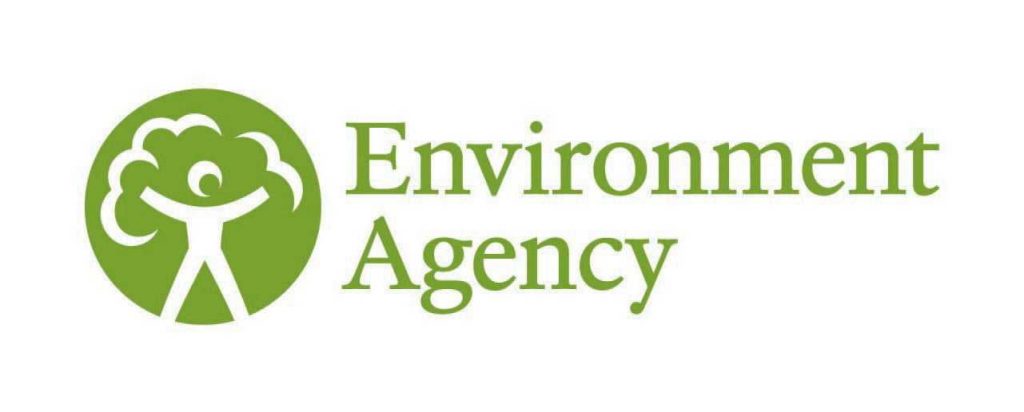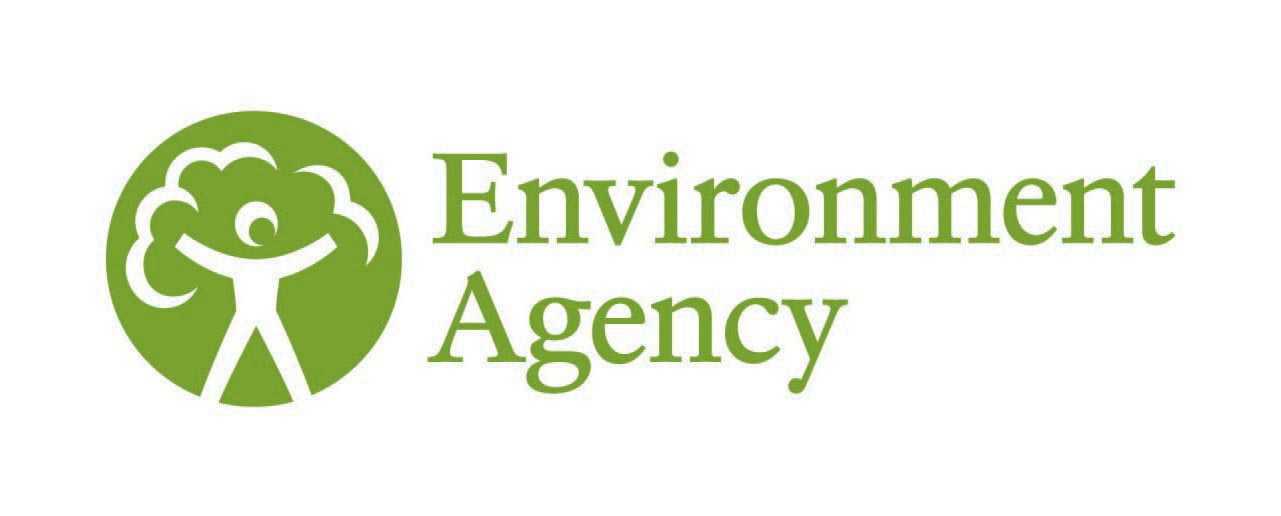About Real Farms: Real Benefits

About Real Farms: Real Benefits
By Tricia Henton, Environment Agency
As a farmer you have to face a formidable assortment of regulations and European directives. It’s easy to feel overwhelmed by the red tape and to lose sight of the environmental and financial benefits of best farming practice.
It’s also easy for us to underestimate the constraints that you may be working under. A lack of time and money and the fickle weather may put limits on your capacity to do the best thing environmentally.
Farming practices make an impact both on the farm itself and on the wider environment. A well-managed farm can protect against pollution and flooding and provide a haven for wildlife as well as for crops and livestock.
That’s why we’ve worked with Farmers Weekly to bring this series of articles online, as well as in our new booklet Best Farming Practices – that we’ve distributed to farmers. We recognise the tough business environment you are operating in and we want to offer practical, down-to-earth advice.
We want to show simple, low-cost actions you can take that make good sense both for the environment and for your farm business. We’d much rather help you to profit from a good environment than see you penalised for bad practice.
When you protect your soil, you make your land more productive. When you manage nutrients carefully, you make more cost-effective use of manure and fertilisers. When you use less water and fuel, you reduce bills and improve your bottom line. When you save energy, you save money and reduce climate-changing greenhouse gas emissions.
I hope you will find this aseries of articles helpful. I hope, too, that you will take advantage of the opportunities it presents, to work together for a better environment and a more profitable farming future.
Tricia Henton
Director of Environment Protection

